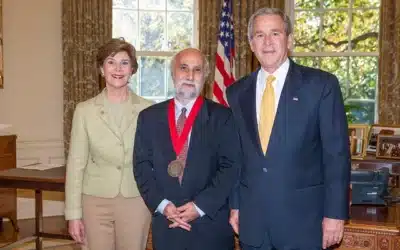Cato Policy Analysis NO. 811
Private individuals and policymakers often utilize prohibition as a means of controlling the sale, manufacture, and consumption of particular goods. While the Eighteenth Amendment, which was passed and subsequently repealed in the early 20th century, is often regarded as the first major prohibition in the United States, it certainly was not the last. The War on Drugs, begun under President Richard Nixon, continues to utilize policies of prohibition to achieve a variety of objectives.
Proponents of drug prohibition claim that such policies reduce drug-related crime, decrease drug-related disease and overdose, and are an effective means of disrupting and dismantling organized criminal enterprises.
We analyze the theoretical underpinnings of these claims, using tools and insights from economics, and explore the economics of prohibition and the veracity of proponent claims by analyzing data on overdose deaths, crime, and cartels. Moreover, we offer additional insights through an analysis of U.S. international drug policy utilizing data from U.S. drug policy in Afghanistan. While others have examined the effect of prohibition on domestic outcomes, few have asked how these programs impact foreign policy outcomes.
We conclude that prohibition is not only ineffective, but counterproductive, at achieving the goals of policymakers both domestically and abroad. Given the insights from economics and the available data, we find that the domestic War on Drugs has contributed to an increase in drug overdoses and fostered and sustained the creation of powerful drug cartels. Internationally, we find that prohibition not only fails in its own right, but also actively undermines the goals of the Global War on Terror.































